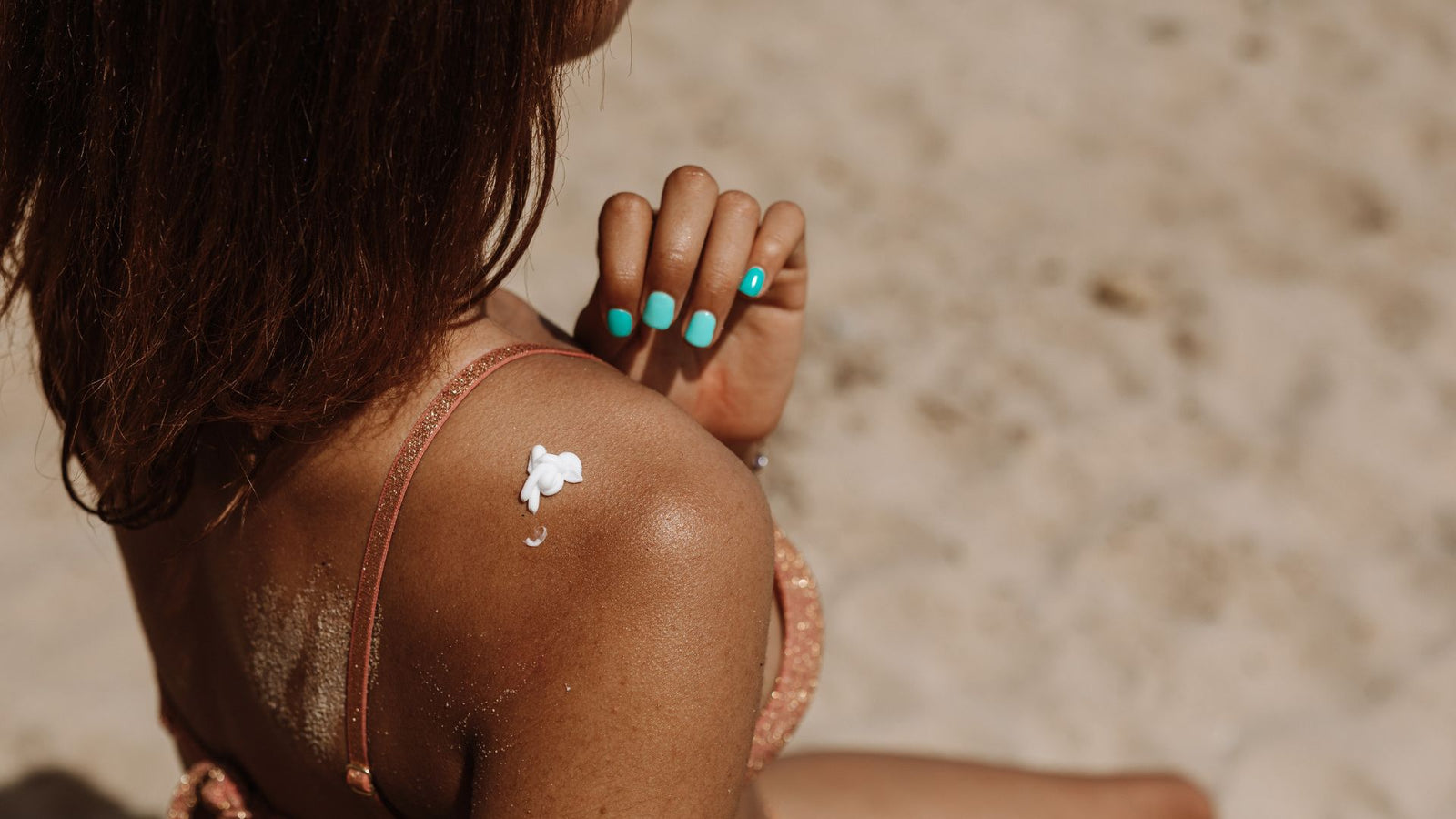Last week, Hawaii became the first state to ban the sale of sunscreens that harm coral reefs.
Coral reefs around the world are struggling due to factors such as warming waters and plastic pollution. Recently, researchers have discovered that poisoning from chemical sunscreens is playing a part, too. Some of the common ingredients in sunscreen can lower a reef's tolerance to bleaching and affect the development of marine life around the reef, including the actual coral itself.
This is a serious issue in tourist-trafficked areas, where the amount of sunscreen that's left behind in the water is almost inconceivable - 4,000 to 6,000 tons of sunscreen enter reef areas every year. Instead of dissipating into the vast ocean, as we might imagine, the sunscreen tends to concentrate where it's left, around the world's most popular reefs.
Given Hawaii's abundance of both tourists and beautiful places to snorkel, it makes sense that the island state would be the first to tackle this issue. The law will go into effect in 2021, which gives sunscreen manufacturers time to change their formulas to comply with the new rules. Many have resisted this legislation, so it will be interesting to see what they do going forward.
In the meantime, Napili Kai Beach Resort in West Maui has rolled out a program to educate visitors on reef health. Guests receive a free sample packet of reef-safe sunscreen, and the hotel's recreation team educates beachgoers on the importance of reading sunscreen labels.
How You Can Help
So what makes a good sunscreen when you want to keep the sun's harmful UV rays at bay and protect the coral? Look for a mineral-based product that has a fragrance-free natural base, such as a formula made with zinc oxide or titanium dioxide. The Choosy Chick offers a great selection of natural mineral-based sunscreens for both kids and adults. Here are the ingredients Napili Kai recommends avoiding:
- Oxybenzone
- Avobenzone or avobenzine
- Octisalate
- Octocrylene
- Octinoxate
- Homosalate
There are also alternatives to sunscreen. Consider long sleeves, hats, sitting in the shade, and avoiding going outdoors during the sunniest hours of the day. When you plan to get in the water (where sunscreen is a must), apply it at least 15 to 30 minutes before taking a swim - that way, the sunscreen will have a chance to soak in instead of washing away in the waves.

